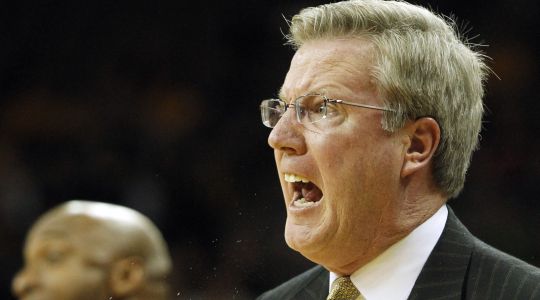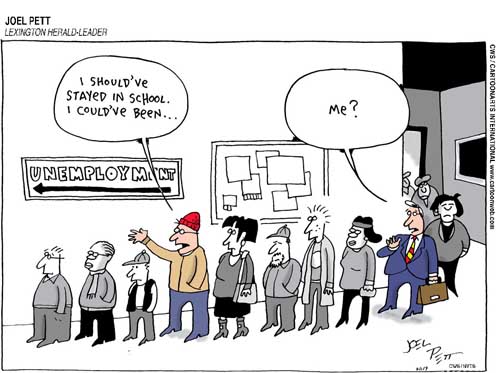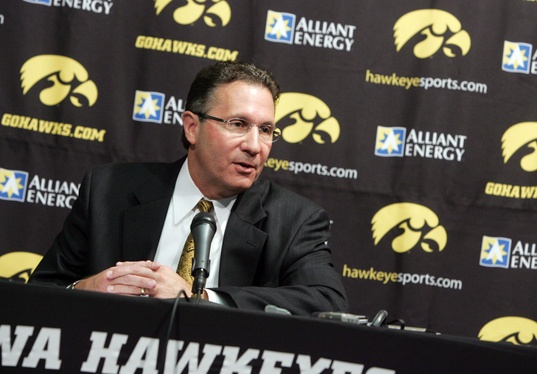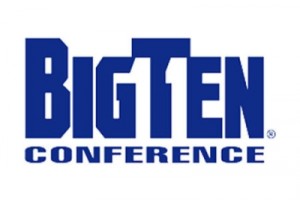
Rush The Court is back with another edition of One on One: An Interview Series, which we hope to publish weekly on Friday mornings throughout the year. If you have any specific interview requests or want us to interview you, shoot us an email at rushthecourt@yahoo.com.
It used to be that the first thing that people thought when they saw Butler head coach Brad Stevens was something along the lines of, “He’s a head coach? How old is he?” That changed on April 5th. By saying things changed for him after the title-game loss to Duke, we’re not saying that Stevens looks any older. We’re saying that now people will think of him primarily as one of the best coaches in our game instead of just a young-looking basketball coach, though Stevens would be the first to deflect such praise. When you talk with Brad Stevens (whose three teams have produced three perfect academic ratings, by the way), you are immediately aware of what seems to be an innate professionalism, and the fact that this man is much more comfortable talking about his team than himself, making sure that any incoming credit goes to everyone, not just him. Most of all, though, you recognize his absolutely inflexible belief in the abstract concept known as The Butler Way, that it’s, in fact, the best way for him to grow as a coach and for his players to function as the best team possible. RTC’s John Stevens (no relation) spoke with Coach Stevens earlier this week.
Rush The Court: Coach, as the current guardian of it, in your own words, what is “The Butler Way?”
Brad Stevens: You know, I don’t think it has anything to do with basketball, technically, first of all. I think it’s just about embracing a culture of (hopefully) unselfishness and accountability, and that doing the right things will lead to the results you ultimately want from a statistical and measurable standpoint. The definition we have online is probably the best it gets. Right when you go to ButlerSports.com, it pops up. But that’s the bottom line. If you’re going to define it, that’s as good as it gets. I think it’s a really hard thing to define, and it’s more about feeling and seeing that you’re moving in a positive direction.
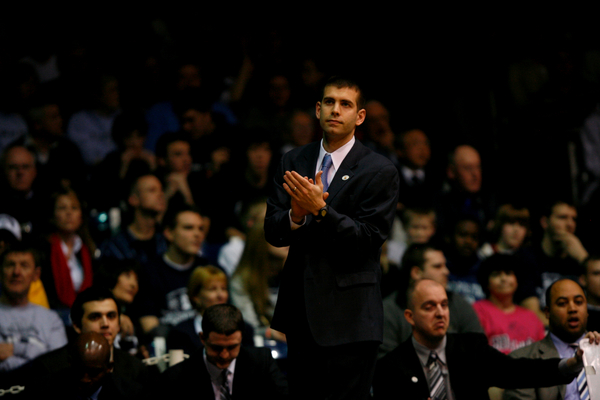
After Only Three Seasons as Head Coach at Butler, In Our Opinion Stevens Is Already Part of the Coaching Elite.
RTC: Last year was in so many ways a dream season, and even though you didn’t quite achieve the ultimate goal for which you set out, it was obviously a phenomenal run. Was there any particular aspect of your squad’s play that showed up as the year progressed that even you hadn’t expected, something that pleasantly surprised even you, as coach?
BS: No particular individual did, and not really from a team standpoint, either, from how we were playing. I think from a results standpoint the thing that stood out to me, the thing I thought was the best accomplishment of the year was going undefeated in the league. I’ve never been a part of that and never dreamed that I would be, and I know how hard it is to do. You know, like everybody else, I’m listening to talk shows and everybody’s talking about Boise State’s schedule and everything else, and I’ve been in those shoes from the standpoint of…boy, the pressure that they play with in their league AND the fact that, everybody they’re playing against, that’s their super bowl. You can’t quantify that. That should add points to their strength of schedule. So I think that that’s something I’ll look back at fondly from last year. Obviously you’re excited about the run to the final game. But is it better to beat five really good teams that don’t know much about you, or is it better to beat every team on your league schedule twice, teams that know you inside and out? For me, it was the latter.
RTC: The Horizon League seems to be adding better recruits each season, players who are then developed over several years by their coaches; it seems the quality of that particular conference has improved each year over the past few…
BS: I think that’s the case. I agree with you that it’s getting better, but at the same time I think it’s been really good all along. When we do what we’ve done in the tournament, and when other teams win games here or there I think that always helps the perception [of the conference].
RTC: How long did it take you to get over the championship game, the Duke game?
BS: I’ll never get over it! I don’t know if I’ll ever get over that, I wish I could. I think obviously that you always move on, but it’s a hard pill to swallow.
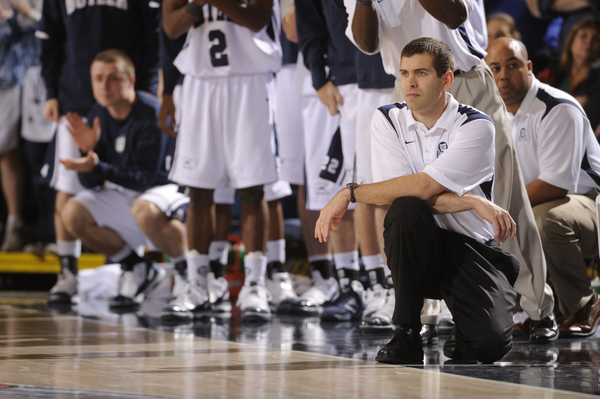
Stevens' Bulldogs Held Their First Five NCAA Tourney Opponents (Including Syracuse, Kansas State, and Michigan State) to Under 60 Points. Duke Scored 61.
RTC: I remember that the Sports Science guys broke it down and found that, looking at where it hit the backboard, the last shot by Gordon Hayward would have gone in but for a mere 2.5 inches. I assumed you’d still be seeing that shot in your sleep.
BS: (Laughs) There’s no doubt, I see it in my sleep. But, that’s part of it. We were so fortunate to be there in a lot of ways.
Read the rest of this entry »





























